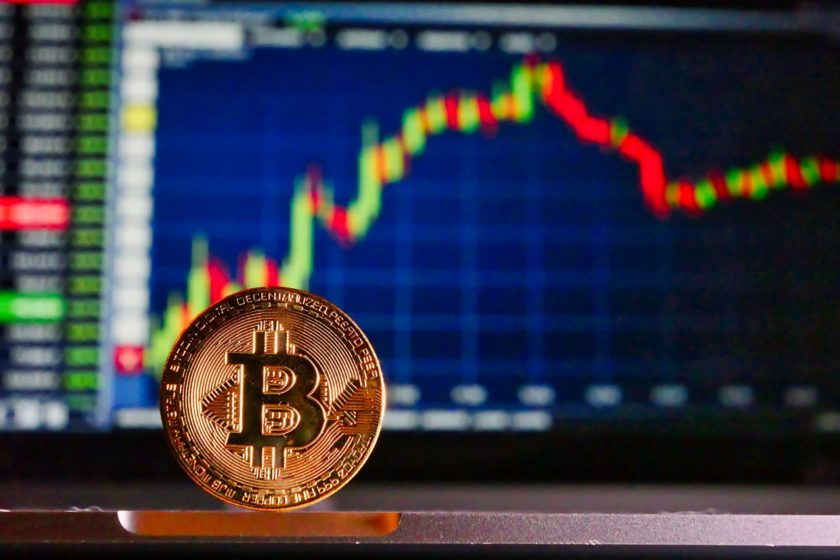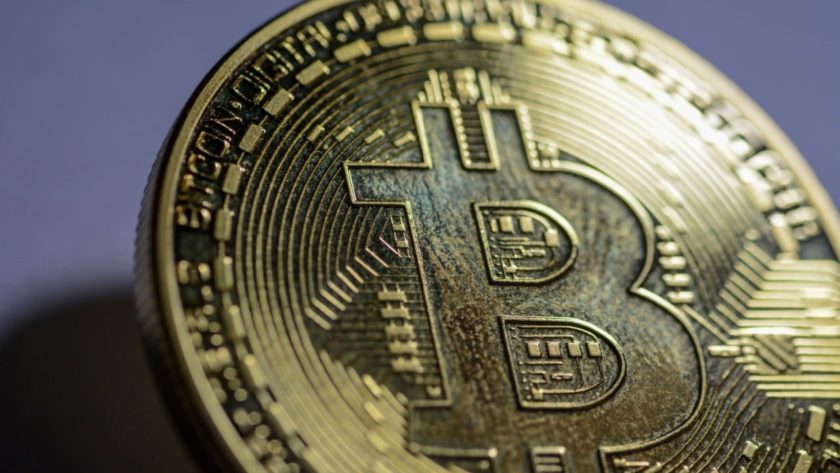- The U.S. housing market’s good days could come to an end thanks to coronavirus.
- Chinese investors have played a key role in propping up the market.
- They could take away billions of dollars worth of demand thanks to the epidemic.
A low mortgage rate environment and the lack of inventories have been tailwinds for the U.S. housing market over the past year. But the coronavirus epidemic is one big threat that could cause the U.S. housing market bubble to burst at last.
Realtor.com reports that the effects of the coronavirus outbreak in China could have a domino effect on the U.S. housing market thanks to the influence that Chinese investors exercise stateside.
Chinese investors hold the key to U.S. housing market gains
Citing data from the National Association of Realtors, Realtor.com says that Chinese buyers spent $13.4 billion to buy homes on U.S. soil from April 2018 to May 2019. But this was 56 percent lower than the same period a year ago when Chinese investors had pumped in over $30 billion into the U.S. housing market.
The Chinese have already been pulling back their investments in the U.S. housing market as regulations have tightened in China to control the outflow of cash from the country. The trade war between the U.S. and China is another reason why their housing market investments have declined. But now, the coronavirus epidemic could deal yet another blow to Chinese investments in the U.S. housing market.
Realtor.com chief economist Danielle Hale pointed out:
You have less incentive to buy real estate if it’s unclear if and when you’ll get to visit the property. In the short term, the virus could dampen [luxury] sales further.
There have already been instances when Chinese investors have been forced to back out of deals in the U.S. housing market thanks to the coronavirus outbreak. A broker at Douglas Elliman Real Estate told MarketWatch:
There’s a lot of uncertainty and fear. I was supposed to meet some groups of Chinese investors in March and April. At the moment, I don’t think they’re able to travel.
The travel ban by President Trump on foreign nationals who have been to China in light of the coronavirus outbreak is going to further complicate things for anyone from that country looking to invest in the U.S. housing market. So, don’t be surprised to see a drop in home sales as the Chinese reportedly account for 20 percent of the foreign buyers who buy homes in the U.S.
Coronavirus and limited inventories could pop the bubble
There is enough evidence pointing out that the U.S. housing market is a bubble. Low mortgage rates have encouraged buyers to get into the market even though wage growth has lagged home price growth by a wide margin. Prices have increased as inventories are at multi-year lows.
Realtor.com reports that the housing market inventory in the U.S. was down 13.6 percent in January. This was the largest annual decline seen in four years. What’s more, the report states that the listing volume of new properties was also down 10.6 percent year over year, indicating that the inventory shortage could be here to stay.
This severe shortage of homes for sale in the U.S. housing market has the potential to price buyers out in 2020. Realtor.com chief economist Hale adds:
Homebuyers took advantage of low mortgage rates and stable listing prices to drive sales higher at the end of 2019, further depleting the already limited inventory of homes for sale. With fewer homes coming up for sale, we’ve hit another new low of for sale-listings in January.
This is a challenging sign for the large numbers of Millennial and Gen Z buyers coming into the housing market this homebuying season as it implies the potential for rising prices and fast-selling homes—a competitive market.
As it turns out, homes in the U.S. are getting more and more expensive with each passing month. The median price of a home listed for sale went up by 3.4 percent in January to $299,995. For some perspective, wage growth stood at 3.1 percent during January. If the U.S. housing market fails to add new supply quickly and prices keep spiking, buyers might start pulling out of the market.
At the same time, the pull-out by Chinese buyers on account of the coronavirus outbreak will be another headwind for the market as billions of dollars could go out from the demand side. These two factors could dent housing demand in the U.S., which might eventually cause a downturn in pricing and spark a potential crisis in the market.
This article was edited by Samburaj Das.




